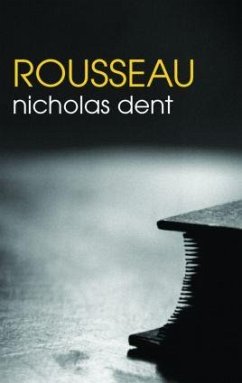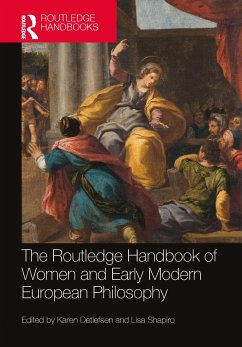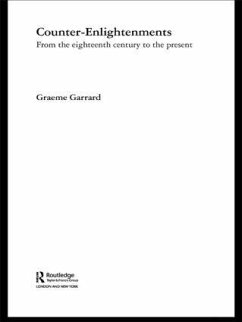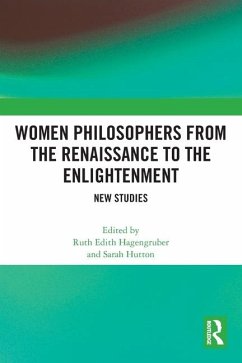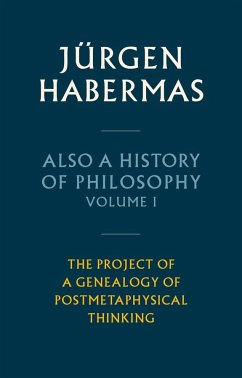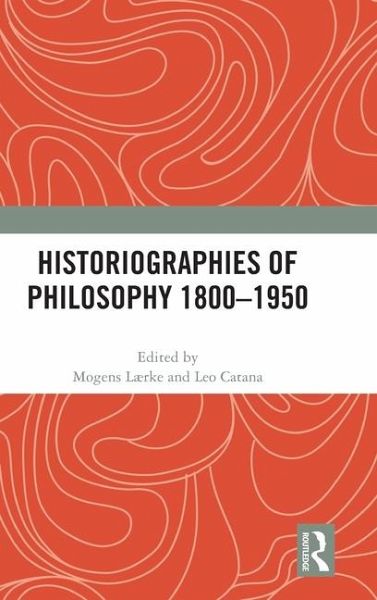
Historiographies of Philosophy 1800-1950
Versandkostenfrei!
Versandfertig in 6-10 Tagen
154,99 €
inkl. MwSt.

PAYBACK Punkte
77 °P sammeln!
This volume discusses ways in which the history of philosophy has been written, from 1800 to 1950, and how it has been informed and guided by institutional, cultural, political, philosophical, and non-philosophical factors.Since its inception as a discipline, histories of philosophy have been written in different ways, depending on author, place, and time; they have varied according to institutional frameworks, cultural settings, and philosophical and non-philosophical contexts. At each stage of the discipline's development and evolution, philosophy has constantly used the history of philosoph...
This volume discusses ways in which the history of philosophy has been written, from 1800 to 1950, and how it has been informed and guided by institutional, cultural, political, philosophical, and non-philosophical factors.
Since its inception as a discipline, histories of philosophy have been written in different ways, depending on author, place, and time; they have varied according to institutional frameworks, cultural settings, and philosophical and non-philosophical contexts. At each stage of the discipline's development and evolution, philosophy has constantly used the history of philosophy for its own purposes by adapting it, transforming it, rejecting it, embracing it, and rewriting it at every step of the way. The chapters in this book examine the methods deployed by historians of philosophy, epistemological foundations laid down for those methods, and the philosophical (or non-philosophical) aims pursued using those methods.
This book will be a great resource for academics, researchers, and advanced students of philosophy and related fields, including political philosophy and history of philosophy. It was originally published as a special issue of the British Journal for the History of Philosophy.
Since its inception as a discipline, histories of philosophy have been written in different ways, depending on author, place, and time; they have varied according to institutional frameworks, cultural settings, and philosophical and non-philosophical contexts. At each stage of the discipline's development and evolution, philosophy has constantly used the history of philosophy for its own purposes by adapting it, transforming it, rejecting it, embracing it, and rewriting it at every step of the way. The chapters in this book examine the methods deployed by historians of philosophy, epistemological foundations laid down for those methods, and the philosophical (or non-philosophical) aims pursued using those methods.
This book will be a great resource for academics, researchers, and advanced students of philosophy and related fields, including political philosophy and history of philosophy. It was originally published as a special issue of the British Journal for the History of Philosophy.





